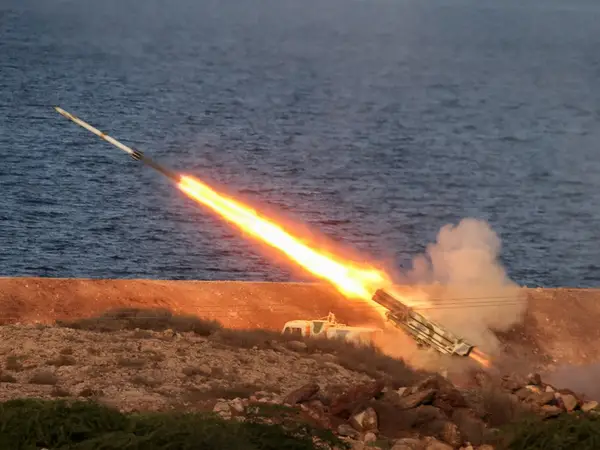Israel is considering several scenarios for an attack on Iran, with its military saying it can act immediately if it received the go ahead from the government.
According to Haaretz on Wednesday, Israel has allocated an extra $2.9 billion to its military budget for the sole purpose of attacking the Islamic Republic.
Military intelligence and more advanced cyber security systems for a more effective list of targets, as well as acquiring new weapons and conducting air force exercises are some measures to better prepare for a possible attack on Iran.
Chief of Staff Lt. Gen. Aviv Kochavi has said that “The IDF’s ability to maneuver has improved considerably, built on our ability to transfer quality intelligence to troops, increasing the number of armaments and personnel...”
In a document presented to the political leadership, the Israeli military has prepared several scenarios with different targets, but it stresses that it is not easy to assess how Tehran would react or to predict the outcome of the attacks on Iran’s nuclear program.
In their scenarios, Israel is also getting ready to fight Hezbollah in Lebanon and Hamas in the Gaza Strip as consequences of the attack on Iran.
Israel is also spending nearly $300 million to build a fence along the Lebanese border that will include high-tech military equipment able to thwart any attempt to breach it.
For the potential threats from the Gaza strip, the military has taken another approach. It said that the current relative calm between Israel and Gaza is mainly the result of transferring civilian aid to people of the enclave, adding that the IDF intends to allow even more goods to enter the coastal strip in the coming year.
The IDF has also expanded it talks with Hamas on exchanging prisoners and returning the bodies of Israeli soldiers that are been held by the group.
Tuesday night, Israeli Defense Minister Benny Gantz hosted Palestinian Authority President Mahmoud Abbas at his home in Rosh Ha’ayin, probably to discuss the Palestinians’ possible response following an attack on Iran.
Israel is also increasing its military cooperation with Egypt, Jordan, Cyprus, Greece and some Persian Gulf countries that could guaranty greater legitimacy for an attack to stop Iran from building a nuclear bomb and contain its support for the militant groups in the region. According to IDF estimates presented to the government, Iran can build a nuclear bomb in about two years.
To counter Iran’s growing arsenal of ballistic missiles, Israel has also signed several contracts in the past year to improve its air defense system, already one of the best in the world.
The Israeli military has also boosted the level of its attacks on Iran’s shipments of munitions to its proxy forces, with the IDF claiming that it stopped about 70 percent of the flow of arms from Iran, Syria, and Iraq into Lebanon.
The attacks have probably hindered Iran’s transfer of complex weaponry to its supporters because now Tehran must make the shipments very smaller, sometimes so small that can be transferred by civilian airline flights.
During its recent massive military drills, Iran simulated an attack against Israel's Dimona nuclear reactor, which included launching 16 ballistic missiles and five suicide drones.
The Iranian military has said the wargames carried a stark warning to “threats made by the Zionist regime’s officials” while some in Iran believe they were meant to give bargaining power to Iran’s nuclear negotiators in Vienna.
Rhetoric has intensified between Iran and Israel in recent weeks as nuclear talks between Tehran and world powers have resumed in Vienna. Israel has vowed that if Iran's nuclear program reaches a stage close to production of weapons, it will act regardless of an agreement between world powers and Tehran.
